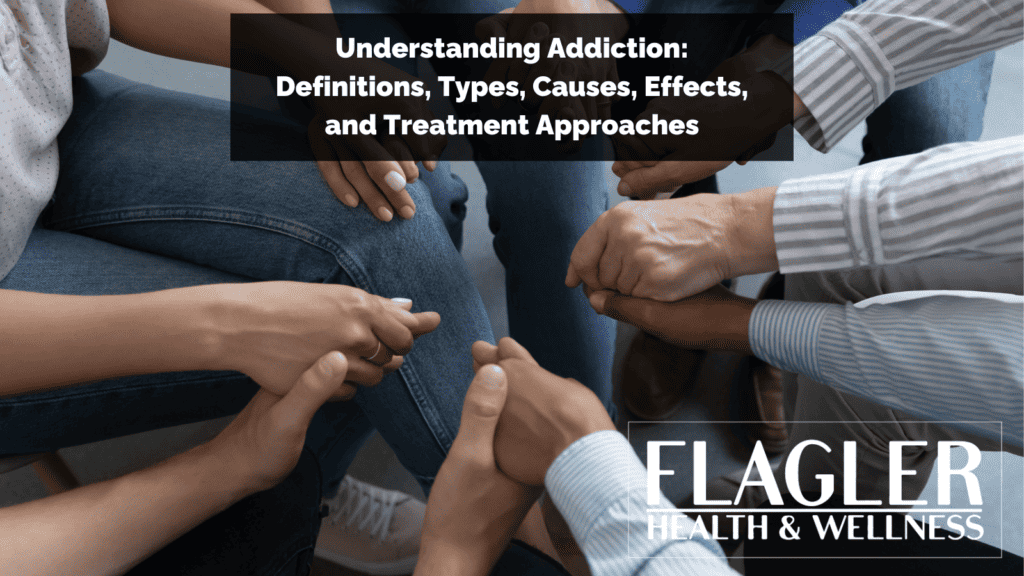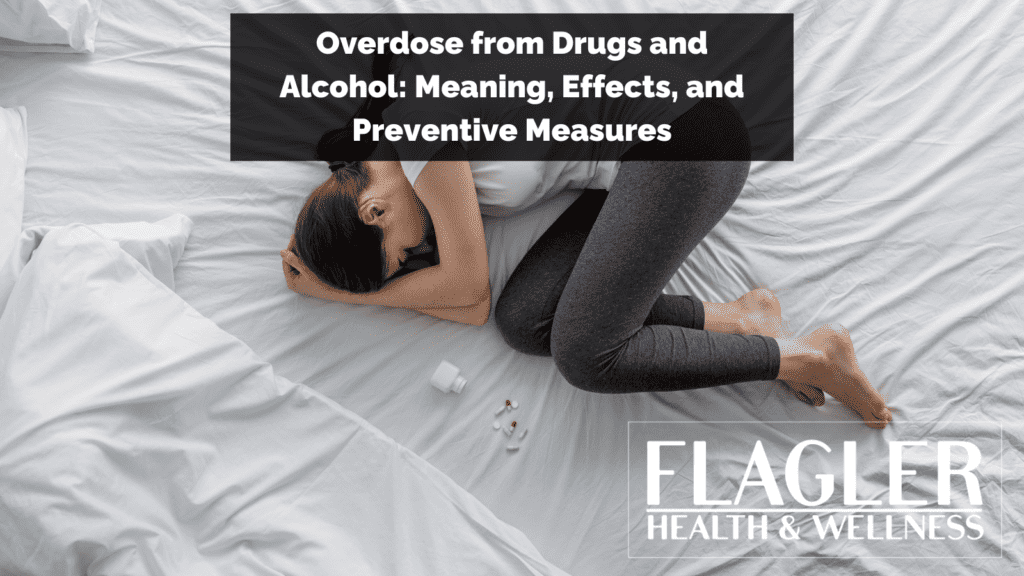Recovery from substance use can be a complex journey. An addiction often develops as a coping mechanism for people to deal with uncomfortable emotions and situations. This creates a vicious cycle, as addiction often leads to more adverse experiences.
With the help of different therapeutic approaches, people on the road to recovery can access different tools that make managing emotions and regulating impulses possible without the use of substances.
Dialectical Behavior Therapy (DBT) is one such approach that has shown significant promise in helping with the self regulation, which is a critical part of long-term recovery. Let’s explore how DBT can be a powerful tool in the recovery process.
What Is Dialectical Behavior Therapy (DBT)?
Dialectical Behavior Therapy, often referred to as DBT, is a cognitive-behavioral treatment developed by Dr. Marsha Linehan in the late 1980s. Initially created to treat borderline personality disorder, it is now used to address a variety of mental health conditions and challenges such as PTSD and depression. DBT emphasizes the balance between acceptance and change, encouraging clients to accept their experiences while also striving towards personal growth.
DBT is unique in its approach, as it combines standard cognitive-behavioral techniques for emotion regulation and real life application with mindfulness strategies derived from eastern philosophy. The goal of DBT is to create greater self awareness, emotional stability, and healthier relationships, which are all important factors in long term recovery.
DBT For Recovery From Substance Use
For those in recovery from substance use, learning how to manage emotions and impulsive behaviors is the difference between a relapse and continued sobriety. Interrupting the cycle of using drugs or alcohol to cope with emotional pain and trauma requires the ability to face those painful emotions.
With the guidance of a compassionate therapist, Dialectical Behavior Therapy can provide individuals with the skills to self regulate without relying on substances.
DBT’s emphasis on acceptance of life as it is while finding the motivation to create change and take control of your life is crucial for anyone in recovery. Acceptance helps individuals come to terms with their past and the reality of addiction, while the focus on change propels them towards healthier, substance-free futures. Through DBT, patients can learn to replace negative, self-destructive behaviors with positive, life-affirming actions.
The 4 Skills of Dialectical Behavior Therapy (DBT)
Mindfulness
The first skill of DBT focuses on coming fully into the present moment. Mindfulness practices allow for greater self awareness and help develop a person’s ability to pause before taking action. By becoming aware of your thoughts, feelings, actions, and environment, you can respond to life according to the long term outcomes you desire, rather than what is habitual.
Distress Tolerance
The next step focuses on developing a person’s emotional resilience. Being able to be present with uncomfortable emotions and situations without trying to change them right away, run away from them, or numb them with drugs and alcohol is an important life skill. This doesn’t mean that someone should stay in harm’s way or not take action to take care of themselves, but rather they develop the ability to hold the ups and downs of life without turning to substances.
Emotion Regulation
This skill is about understanding and naming emotions. By recognizing and coping with uncomfortable emotions like anger, and grief, individuals can find support from therapeutic practices and ask for support instead of turning to substances.
Interpersonal Effectiveness
The final step revolves around managing and maintaining relationships. Addiction often puts a lot of strain on relationships, especially our relationships with friends and family. Learning communication techniques, how to set boundaries and assert oneself in a healthy, respectful way can be incredibly empowering for people in recovery.
FAQs
Can DBT help with trauma?
Yes, it helps people process their trauma, regulate their emotions, and reduce self-harming behaviors.
What’s the difference between DBT and CBT?
DBT places a greater emphasis on emotional and social aspects than CBT.
How long does DBT treatment take?
Treatment can last around 6 months to a year, with weekly therapy sessions and group skills training.
How DBT Can Help You
Engaging in DBT can be transformative for anyone in recovery from a substance use disorder. DBT focuses on identifying the underlying emotional triggers of addiction while giving people the tools they need to handle life’s challenges without using drugs or alcohol. Not only can you learn how to regulate your emotions and impulses, but you’ll also find a deeper understanding of yourself. DBT often takes place in group settings, creating a supportive environment for you to learn and grow with other people on a similar healing path. At Flagler, we are committed to helping you pave the way to a more balanced, fulfilling and substance-free life – contact us today to get started on your recovery journey.
Share This Post







